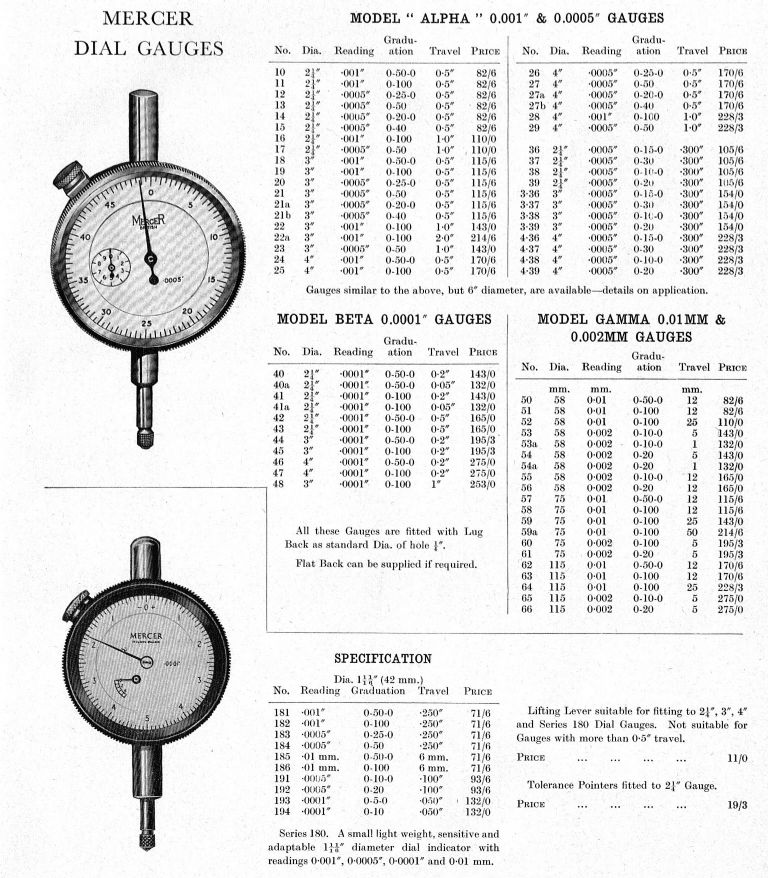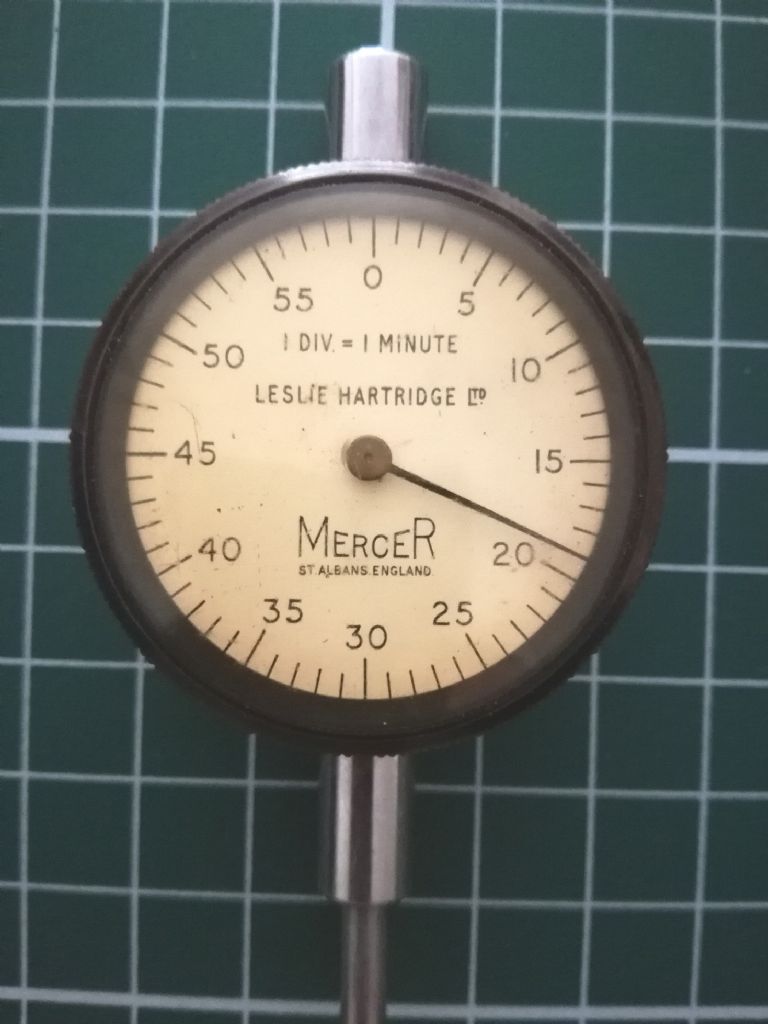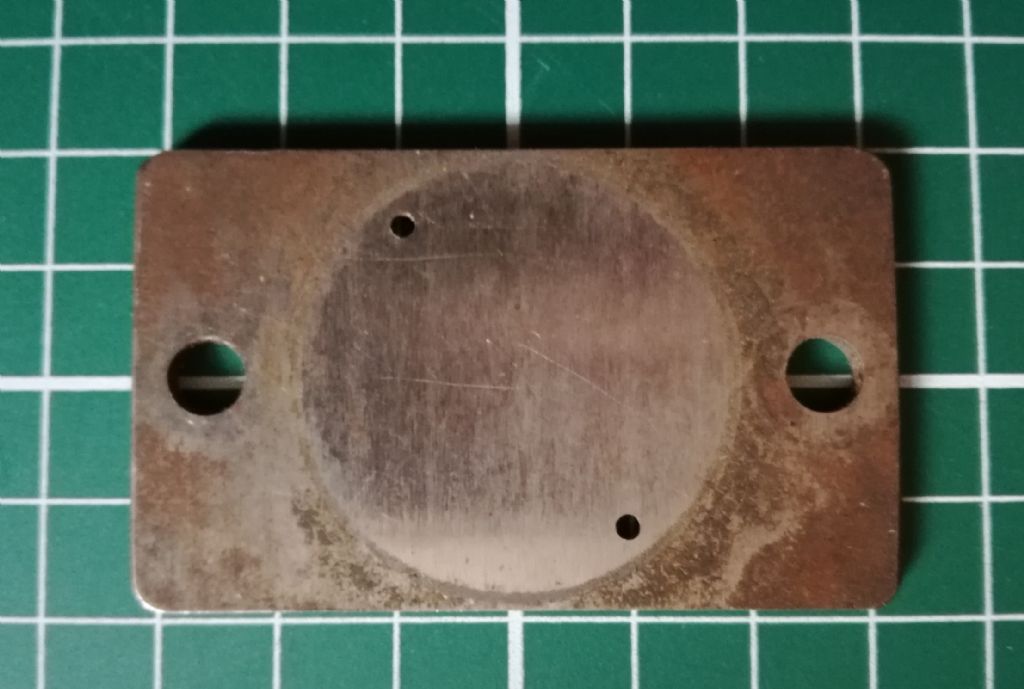Mercer Type 40 DTi
Mercer Type 40 DTi
- This topic has 14 replies, 7 voices, and was last updated 22 July 2023 at 12:08 by
Howard Lewis.
Viewing 15 posts - 1 through 15 (of 15 total)
Viewing 15 posts - 1 through 15 (of 15 total)
- Please log in to reply to this topic. Registering is free and easy using the links on the menu at the top of this page.
Latest Replies
Viewing 25 topics - 1 through 25 (of 25 total)
-
- Topic
- Voices
- Last Post
Viewing 25 topics - 1 through 25 (of 25 total)
Latest Issue
Newsletter Sign-up
Latest Replies
- I’m Under Pressure
- motor and switch wiring Myford ML7
- Transwave converter – plugged in motor, tripped RCD
- Taylor Hobson cutter grinder modificaton
- Sat nag
- Easiest/cheapest source of R8 socket
- Twin Engineering’s heavy mill/drill quill removal
- Bosch PBD 40 bearing upgrade
- Old plastic handled screwdrivers
- Angle grinder woes







